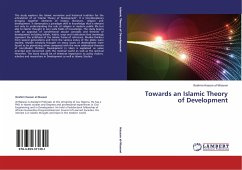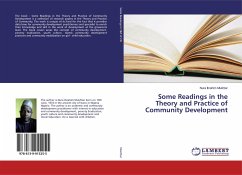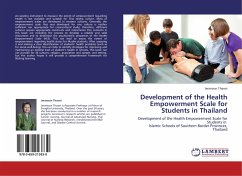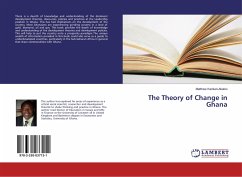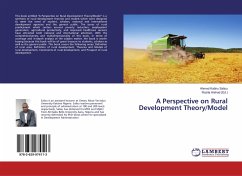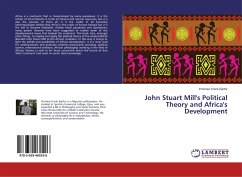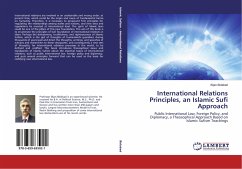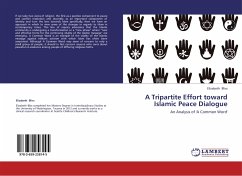This study explores the Islamic normative and historical tradition for the articulation of an 'Islamic Theory of Development'. It is interdisciplinary bringing together elements of history, literature, religion and development. It demarcates a paradigm shift in knowledge that is relevant not only to understanding the role of religion in modern public life but also to Islamic thought in very wide fields of knowledge. The study begins with an appraisal of conventional secular concepts and theories of development including beliefs, habits, ways and institutions that seemingly represent the antithesis of the Islamic frame of reference. Muslim thinkers from several generations and from the various zones of the globe were studied. Muslim scholarly thought on many issues of development were found to be pioneering when compared with the more celebrated theories of non-Muslim thinkers. Development in Islam is explained as value oriented and concerned with the material world as well as thespiritual Hereafter. The book should be of immense importance to policy makers, scholars and researchers in Development as well as Islamic Studies.
Bitte wählen Sie Ihr Anliegen aus.
Rechnungen
Retourenschein anfordern
Bestellstatus
Storno

